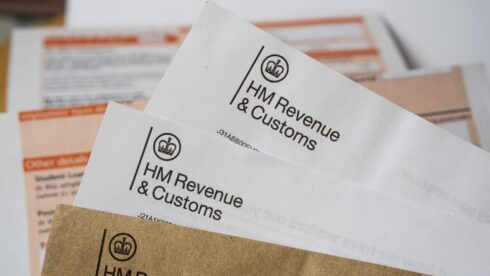How to avoid becoming involved in tax fraud
Robin Stevenson
12/10/2022
The tax authorities require businesses to take reasonable care to prevent tax losses. In some cases, HMRC may also regard an “innocent” business as facilitating fraud and could take action against that business in certain circumstances.
This article outlines two types of tax fraud that a business may be affected by, but if you have any worries or queries at all please get in touch with our tax partner, Robin Stevenson who will be able to advise you further.
Missing trader fraud
Missing trader fraud is described as being where a business goes missing, but it often has other names such as carousel fraud, acquisition fraud and contra trading. The fraudster disguises its activities by passing transactions through multiple intermediary suppliers before the goods are finally sold, sometimes to a legitimate business in the UK, but frequently to a customer overseas. The missing trader will reclaim VAT on purchases but does not pay over VAT to HMRC on its sales.
The items frequently used in this type of fraud are high value but physically small goods. This may include microchips, computer central processors, mobile telephones, other electronic goods, precious metals, power, telecommunications (such as phone cards) or carbon emissions allowances etc.
For example
Company A imports goods into the UK. It is charged VAT on the import and it reclaims this on its VAT return. The goods are then sold to Company B. Although output tax is charged on the transaction by Company A, it does not pay this VAT to HMRC. Company B does however, claim the input VAT back as it has received the goods and has a valid VAT invoice. Company B then sells the goods to final consumers or to another Company C, accounting for output tax on these sales as normal.
The effect of this is that Company A has reclaimed input tax, but not accounted for output tax. It has committed fraud as it collected the VAT charged to company B but did not pay it to the tax authorities. HMRC however, may act against Company B despite it being an innocent party. Company B would expect to be able to reclaim the VAT that it was charged and paid to Company A, but HMRC may deny the claim for input tax.
HMRC has previously announced that it expects any business to undertake due diligence on new suppliers and be generally aware of fraud and has published guidance on how to spot missing trader fraud that can be accessed using the link below.
Mini umbrella company fraud
Businesses that use temporary labour may use an agency to engage with those temporary workers. The business that is the user of the temporary labour, has a responsibility to be clear about who is paying the workers and how they are paid. Is it the business using the workers or the agency?
A mini umbrella fraud employs the use of multiple companies each with only a small number of workers employed. The business then contracts with only one umbrella company. The fraud is usually based on what HMRC calls the abuse of the VAT flat rate scheme and the claiming of Employment Allowance, but it may extend to other taxes as well.
To identify where these frauds are occurring, the business should undertake its usual due diligence checks when engaging with suppliers of temporary labour. Further checks should be taken when the workers are employed by a different company than the one that the business was originally contracting with or where multiple companies are used to supply labour or where labour is moved between a variety of companies.
Further indicators might include the use of unusual company names, often using variations of a name, or numbers (such as Company 101, Company 102, Company 103, etc). Frequently, the businesses used have a short life or payments are made to bank accounts that have a different name to that of the company providing the workers. HMRC expects checks to be made on the supplying company.
The government has outlined 10 things you need to know about due diligence and supply chain assurance. Follow the link below to learn more
If you have any tax fraud worries or queries regarding your business, please get in touch with Robin Stevenson Swindells’ tax partner who will be able to advise you further.
Sign up to receive our private content
straight to your inbox






